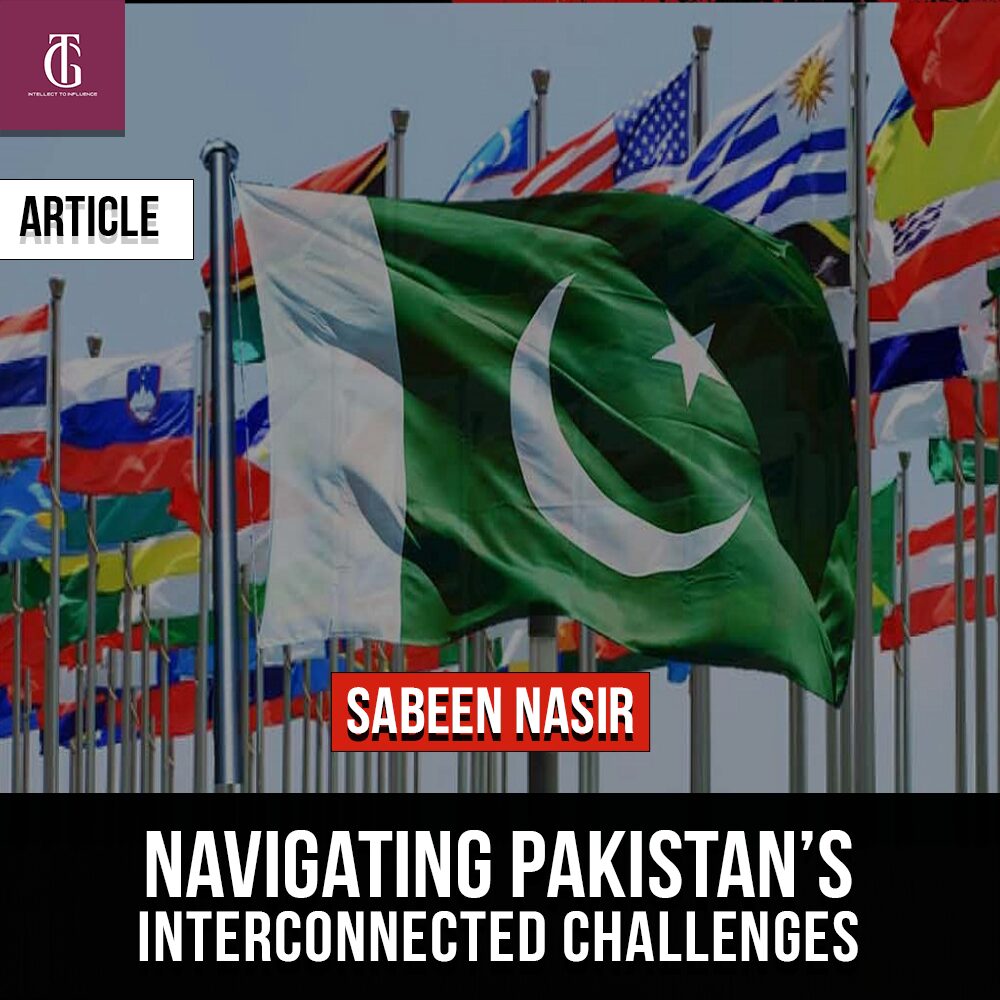
Introduction:Understanding Pakistan’s Complex Landscape
Pakistan faces a multifaceted array of challenges encompassing political instability, economic volatility, and social disparities. To effectively address these issues, it is crucial to analyze the facts and figures that underpin each challenge and formulate a holistic approach towards sustainable development.
Political Instability: An Examination of Governance Metrics
Political instability in Pakistan is evident through frequent changes in leadership and governance inefficiencies. For example, Pakistan experienced four changes in prime ministers within a span of five years from 2017 to 2022, leading to policy discontinuity and governance challenges. Comparatively, stable democracies like India and Bangladesh have seen more consistent leadership, contributing to long-term policy implementation and economic growth.
Economic Turmoil: Key Economic Indicators and Trends
Pakistan’s economy grapples with inflation, unemployment, and a mounting debt burden. Comparing economic indicators with regional counterparts provides insight into the severity of Pakistan’s economic challenges. For instance, Pakistan’s GDP growth rate, averaging around 2% in recent years, lags behind India’s growth rate of over 5% and Bangladesh’s growth rate exceeding 7%. Similarly, Pakistan’s inflation rate, averaging around 8%, is higher than both India and Bangladesh, impacting the purchasing power of citizens and hindering economic stability.
Social Problems: Assessing Poverty, Inequality, and Human Development
Social disparities, including poverty and inequality, pose significant obstacles to Pakistan’s development. Comparing poverty and inequality metrics with neighboring countries underscores the magnitude of the challenge. For instance, Pakistan’s Multidimensional Poverty Index (MPI) score of 39% is higher than India’s score of 27% and Bangladesh’s score of 22%. Additionally, Pakistan’s Gini coefficient, indicating income inequality, is higher than both India and Bangladesh, highlighting disparities in income distribution.
A Holistic Approach: Integrating Policy Responses
Addressing Pakistan’s interconnected challenges necessitates a comprehensive approach that integrates political, economic, and social policies. Drawing lessons from successful policy interventions in other countries can inform effective strategies.
• Political Stability: Strengthening Democratic Institutions and Rule of Law
Investments in democratic institutions, such as electoral reforms and judicial independence, are essential for fostering political stability. For instance, Indonesia’s successful transition to democracy following the fall of Suharto’s regime demonstrates the importance of institutional reforms in ensuring political stability and democratic consolidation.
• Economic Resilience: Structural Reforms and Investment Promotion
Structural reforms aimed at improving the business environment and attracting investment are vital for economic resilience. For example, China’s economic reforms under Deng Xiaoping in the late 20th century led to unprecedented economic growth and poverty reduction, demonstrating the transformative impact of pro-market policies.
• Social Empowerment: Targeted Interventions for Poverty Alleviation and Social Inclusion Targeted interventions, such as conditional cash transfer programs and skills development initiatives, can alleviate poverty and promote social inclusion. Brazil’s Bolsa Familia program, which provides cash transfers to poor families conditional on children attending school and receiving healthcare, has been successful in reducing poverty and inequality, serving as a model for social empowerment initiatives.
Conclusion: Toward a Sustainable and Inclusive Future
Navigating Pakistan’s interconnected challenges requires a concerted effort to address political instability, economic turmoil, and social problems simultaneously. By leveraging comparative analysis and drawing lessons from successful policy interventions, Pakistan can overcome its challenges and pave the way for a more sustainable and inclusive future for all its citizens.





